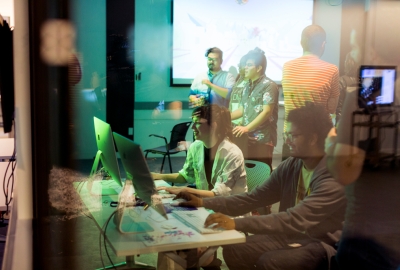Interventions aimed at ameliorating mental illness & promoting wellness are examined. Integration of research & treatment models that consider mental health well-being in terms of pathology with models of wellness broadly conceived as optimal psychological & physical development. The meanings of “wellness,” “health,” & “illness” across lines of identity (e.g. ethnicity, culture, gender, sexuality, class, & age) are explored. Pathological outcomes (e.g., depression, anxiety, psychosis) are examined in tandem with such constructs as resilience, hope, wisdom, & spirituality, & considered at the individual, interpersonal, & community level.
Course #
APSY-GE 2661
Credits
3
Department
Applied Psychology


